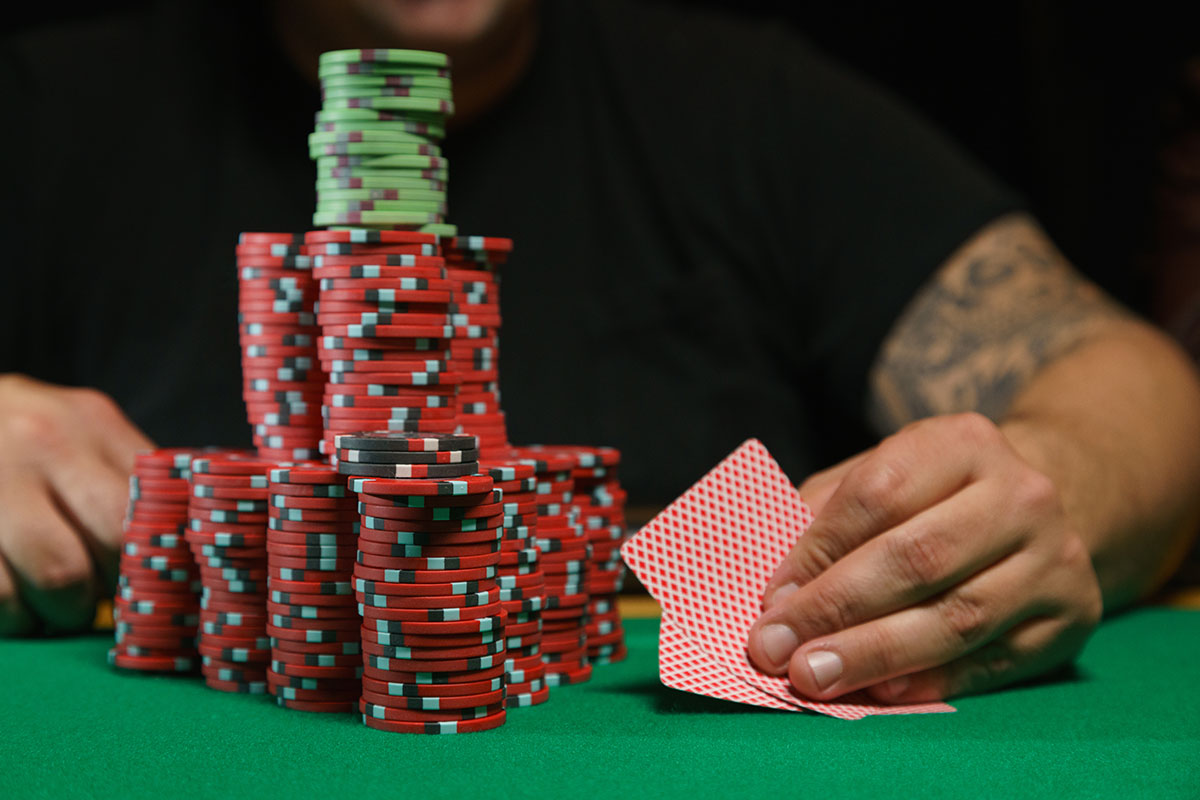A good poker player doesn’t just coast by on their raw talents. To be good at anything one needs time and lots of practice. To be great is a whole other deal. The truly great players also have an ability to help them grind out tough games. If you are down on yourself at the first sign of trouble or you go into rage after any perceived slight, your performance will suffer from it. This is Tilt, and it must be avoided at all costs.
What is Tilt?
Tilt is a poker term for a state of mental or emotional confusion or frustration in which a player adopts a less than optimal strategy, usually resulting in the player becoming over-aggressive. In short, tilt is anger or frustration. Tilt isn’t some anger management issue which only affects raging children. No game or player is ever perfect, so every (somewhat competitive) player will be faced with difficult or unforeseen situations throughout their playing career. Therefore it’s important for players from all levels to learn how to adapt to these situations, and if at all possible to avoid tilt entirely.
How To Avoid Tilt
Unless you’re a zen master, you’ll be faced with situations where you’re getting tilted. As such, avoiding tilt completely just isn’t realistic— at least not when you’re playing multiple games every day. There are ways to lighten the damage, though. You must know the not only the signs or Tilt in general but your personal signs of Tilt. This will force you to grow as not only a poker player but as a person as well. Know who you are at a poker table. This way you know your habits. The good and the bad and when those bad habits are forcing you toward Tilt.
Limit Your Losses
An often heard piece of advice is to limit your losses in a row to a certain amount. You could, for example, tell yourself that if you lose two competitive games in a row you’re done for the night, or you at least take a break. You might not think you’re tilting but it’s not uncommon to think, ‘just one more game so I at least get my money back.’ That all sounds great, but lose that pot and you’re two or more wins away from your rank. This can cause you to want to go aggressive and when in reality you’re just feeding.
Some people deal with losses better than others, so the threshold to take a break will vary between players, but in general it’s not a good idea to try and battle your way out of a losing streak. Take a break, relax, clear your mind, and get back at it with renewed confidence.
Accept That Failing Is A Part Of Improving
Everyone makes mistakes, regardless of how good they are. Failing and losing is a natural part of competing. The difference between great players and good players is how they deal with these drawbacks. Take a loss as a learning experience and reflect on what you could have done better in an honest way. Use that to strengthen yourself as a poker player. If you somehow believe that you deserve a 100% win record and thus get livid with every loss, you’re doing it wrong and getting nowhere.
You Are The Only Constant Factor In Your Games
You can’t control others. Yes, you may be doing everything right but watch some streams and you’ll notice that even the best poker players in the world have off days where nothing seems to work. That’s the nature of poker. The only factor in all of your games that you can influence with 100% certainty is yourself. Make sure that you’re always in an ‘optimal condition’ and that you don’t let external factors over which you have literally no control over impact your performance.
Feel Good about Yourself
This will differ from player to player, but generally it’s not a good idea to play super serious competitive games when you’ve just had an absolutely horrifying week at work or something of this nature. Playing poker at a serious level in a serious way can be quite draining. If you’re already mentally empty or in a super bad mood, it’s going to be way easier to be pushed over the edge, resulting in the dreaded tilt.
In Conclusion
Avoiding tilt completely isn’t really possible. We’re all human and as such we have our bad days and our good days. It is however super important to have the ability to recognize and remedy tilt. Being able to understand when you’re playing worse than you normally are due to frustration, feeling hopeless, and what have you will make you a better and healthier player in the long run and it’ll raise your enjoyment of the game. Understand that neither success nor failure is ever final and that even the very best players sometimes get stuck in a rut or a hopeless match.
